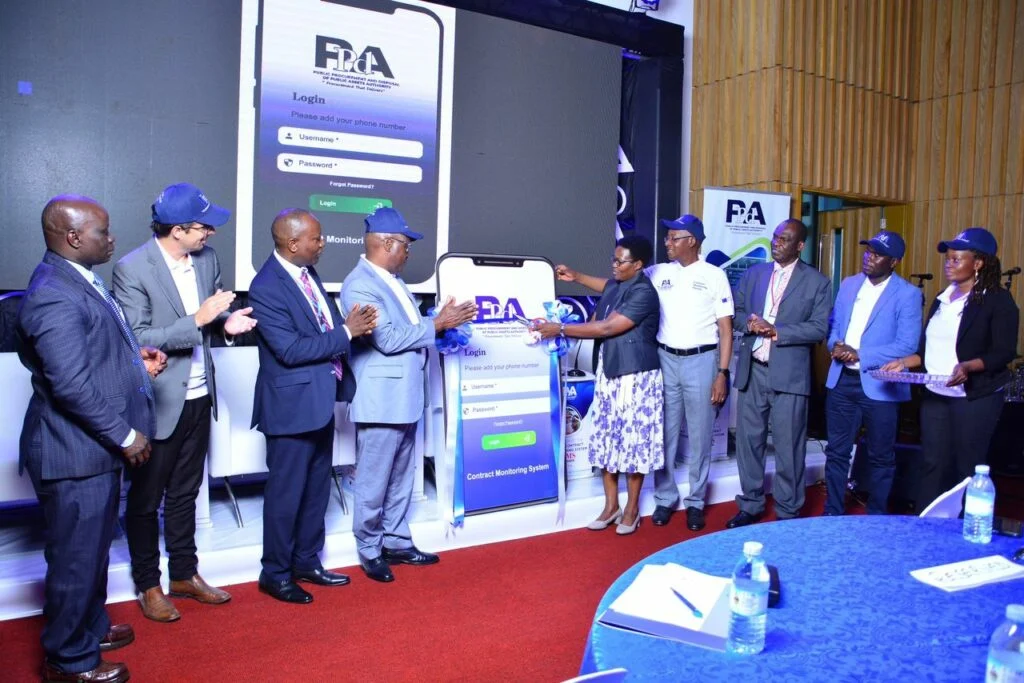Uganda’s ambitious e-procurement (e-GP) system, designed to revolutionize public procurement by enhancing transparency, efficiency, and accountability, is at risk of becoming technologically obsolete, according to a recent audit report.
The slow pace of implementation, coupled with unresolved technical issues, is threatening both the government’s investment and its ability to modernize procurement nationwide.
The Auditor General’s report has raised significant concerns over the system’s delayed rollout, technical failures, and non-compliance with procurement standards, all of which jeopardize its long-term viability.
Introduced in 2016, the e-GP system has only been fully implemented in 36 of the 200 planned government entities—just 18% of the target—despite nine years of effort.
Some of these 36 entities are only using the system in part, as it remains incomplete. The system’s oversight and reporting modules, crucial for generating procurement reports, have also failed to operate correctly, producing errors when attempting to produce key documentation.
Many government entities continue to rely on traditional manual processes, meaning the full potential of the e-GP system remains untapped.
The Auditor General has warned that with rapid advancements in technology, the government risks investing in a system that could become outdated before its full implementation.
Originally designed to automate procurement processes, the e-GP system was intended to streamline interactions between the government and businesses while reducing reliance on paper-based methods.
However, despite significant investment, many government agencies are still processing procurements outside the e-GP platform, undermining the goal of digital transformation.
The Auditor General has called on the Accountant General to prioritize completing the development and rollout of the e-GP system to all planned entities.
Without urgent action, the government risks missing out on the intended benefits, such as enhanced procurement practices and better fiscal management.
The Accounting Officer explained that the system’s slow rollout was initially due to unreasonably high costs demanded by the original vendor for change requests.
In June 2020, a new vendor was sourced for system development and enhancement, with clear delivery schedules in place.
However, the development contract with the new vendor will expire on December 4, 2024, and alternative options for system enhancement and rollout are currently under discussion, with a new target date of July 1, 2025.

